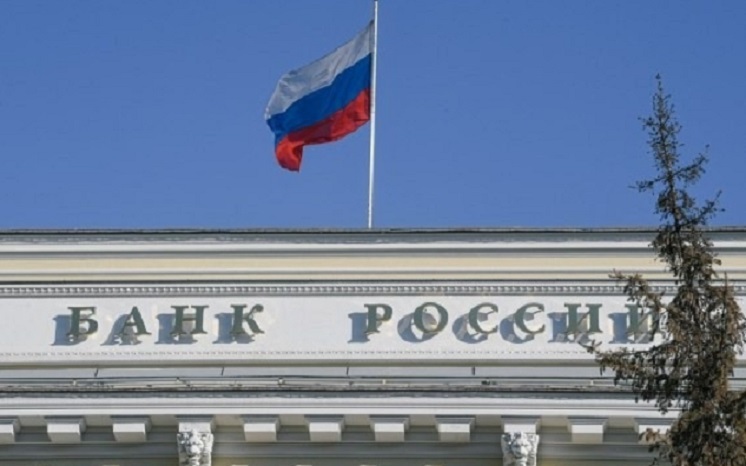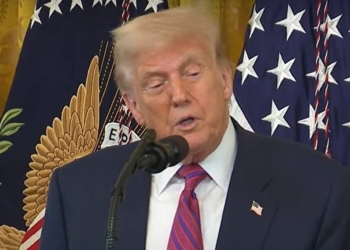New Delhi: Following the invasion in Ukraine, many argued that the freezing of Russian Central Banks assets was a turning point for the dollars dominance, says Maria Demertzis, a senior fellow at Bruegel and part-time professor of economic policy at the School of Transnational Governance at the European University Institute in Florence.
This changes the insurance value of holding reserves, as central banks around the world are now forced to prepare for the possibility of seeing their assets captured and frozen. This would necessarily mean holding less of the sanctioning countries’ currencies, namely the dollar (and possibly the euro), Demertzis wrote for Bruegel.
“Every night I ask myself why all countries have to base their trade on the dollar,” Brazil’s President Lula da Silva said in a April 13 speech at the New Development Bank in Shanghai.
His hosts in China would have been very receptive to the basic idea that perhaps, despite Lula’s statement being otherwise exaggerated, the time has come for the dollar to stop being the world’s preferred currency, Demertzis said.
In the late 1970s, 85 per cent of world foreign exchange reserves was denominated in dollars. This dominance as much as halved in the 1980s, before steadily increasing to reach 70 per cent at the turn of the century.
Since then, the euro has captured some share of the world market. But it has in no way challenged the dollar, which over the past 23 years, has gradually lost only about 10 per cent in reserves to reach the level of 60 per cent. The per cent shares of reserves in global currencies are roughly 60-20-5-5-10, respectively for dollar-euro-pound-yen-the rest, the article said.
Peter C. Earle of the American Institute for Economic Research says that the switch from dollars to a yuan-real settlement basis in Chinese-Brazilian trade is only the latest in a growing trend.
Discussions of a more politically neutral reserve currency have gone on for decades. The profound economic disruption experienced by Iran, and more recently Russia, and more recently Russia, after being evicted from dollar-based trading systems like SWIFT, however, have led many nations to consider imminent contingency plans, Earle says.
As the world’s reserve currency, the US dollar is essentially the default currency in international trade and a global unit of account. Because of that, every central bank, Treasury/exchequer, and major firm on Earth keeps a large portion of their foreign exchange holdings in US dollars. And because holders of dollars seek returns on those balances, the ubiquity of dollars drives a substantial portion of the demand for US government bonds in world financial markets, he adds.
The Managing Director of the International Monetary Fund (IMF), Kristalina Georgieva, has said the US dollar is gradually losing its status as the world’s main reserve currency, RT reported.
Georgieva noted that there is no viable alternative among global currencies to replace the greenback in the near future.
“There has been gradual shift away from the dollar, it was 70 per cent of reserves, now it is slightly under 60 per cent,” Georgieva stated at the 2023 Milken Institute Global Conference in Beverly Hills, California, RT reported.
According to the IMF chief, the euro can be viewed as the biggest competitor to the dollar, while the British pound, the Japanese yen and the Chinese yuan “play a very modest role.”
(IANS)



















